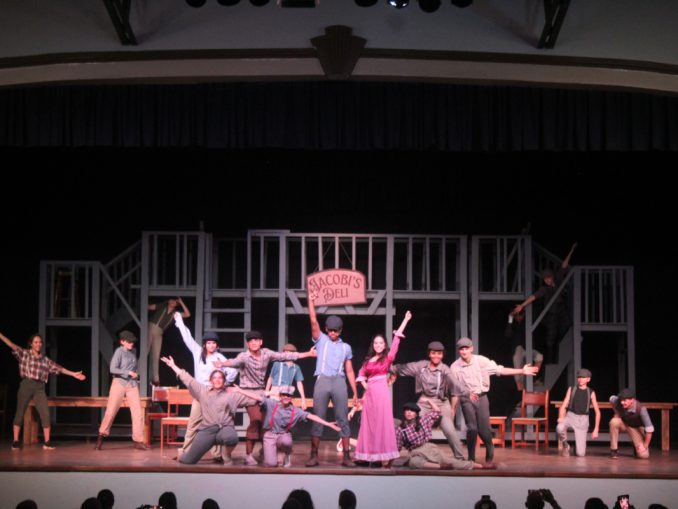Many people would prefer a different question: “Why read at all?” Be that as it may, from times immemorial literature has proven to be a powerful tool for the welfare of mankind. The key here is the wealth of knowledge that is transmitted through this medium. All books, including those that deal with war, can teach us something. No matter how uncomfortable the subject matter, we should never forfeit an opportunity to learn. As one can easily infer, the reason war literature is often shunned is because of its grisly and disturbing nature. Death, unnerving situations, total hopelessness and raw human evil all form a harrowing picture that many find repelling. However, many of these things are unavoidable in these works if they are trying to honestly present their topic.
The importance of having a truthful account of these events is apparent. Wartime is one of the most conflicting and contested periods of civilization. The parties involved may have ulterior motives and aims that have to supplant objectiveness in many cases. The belief that the winner gets to write history is all-pervasive. Somebody needs to offer an alternative point of view to balance the scales. Moreover, conflict is an indisputable reality of life. By looking the other way, we are only ignoring the lessons the experience might bring us. The virtue of war literature is that it can be a pillar of truth amidst a sea of confusion and bitterness. The best ones “reproduce the genuine features of the hard countenance of the age,” as was said of Hemingway when he won the Nobel Prize. Homer and Virgil, Shakespeare and Byron, Hemingway and Remarque, these were all great writers who considered war relevant enough that they would write about it. They were able to turn appalling scenarios into worthwhile reading. This taken into consideration, one can look past the harshness and asperity to exploit the rich cultural treasure that is offered.






